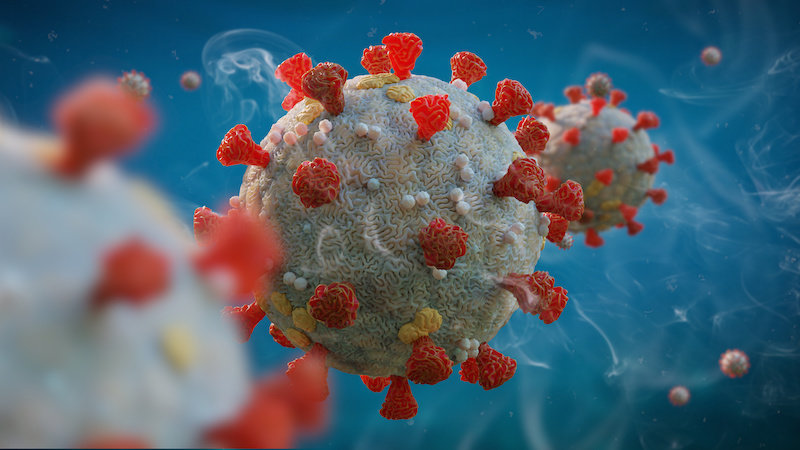COVID-19: Oxford vaccine produces strong immune response
A team of scientists at Oxford University’s Jenner Institute and Oxford Vaccine Group have taken the next step towards the discovery of a safe, effective and accessible vaccine against coronavirus. The results of Phase I/II trial published on the 20th of July, 2020 in the scientific journal, The Lancet, indicate no early safety concerns and […]

A team of scientists at Oxford University’s Jenner Institute and Oxford Vaccine Group have taken the next step towards the discovery of a safe, effective and accessible vaccine against coronavirus.
The results of Phase I/II trial published on the 20th of July, 2020 in the scientific journal, The Lancet, indicate no early safety concerns and induces strong immune responses in both parts of the immune system.
- Finding a COVID-19 vaccine is our priority – UK Envoy to Nigeria
- Boost for Africa’s COVID-19 vaccine initiative
The vaccine provoked a T cell response within 14 days of vaccination (white blood cells that can attack cells infected with the SARS-CoV-2 virus), and an antibody response within 28 days (antibodies are able to neutralise the virus so that it cannot infect cells when initially contracted).
During the study, participants who received the vaccine had detectable neutralising antibodies, which have been suggested by researchers as important for protection, and these responses were strongest after a booster dose, with 100% of participants’ blood having neutralising activity against the coronavirus. The next step in studying the vaccine is to confirm that it can effectively protect against SARS-CoV-2 infection.
“We saw the strongest immune response in the 10 participants who received two doses of the vaccine, indicating that this might be a good strategy for vaccination,” Professor Pollard said.
A UK Phase I/II trial began in April testing the Oxford coronavirus vaccine ChAdOx1 nCoV-19.
The team started working to develop a vaccine against the global threat that is coronavirus in January 2020 and have been working with unprecedented urgency in a race against the coronavirus.
During the Phase I/II trial the vaccine has been evaluated in more than 1,000 healthy adult volunteers aged between 18 and 55 years in a randomised controlled trial. A subset of these volunteers (10 people) received two doses of the vaccine.
Between April 23, 2020 and May 21, 2020, 1077 volunteers, received the vaccine ChAdOx1 nCoV-19 or a placebo MenACWY vaccine. There were no serious adverse health events related to ChAdOx1 nCoV-19.
The University of Oxford is working with the UK-based global biopharmaceutical company AstraZeneca for the further development, large-scale manufacture and potential distribution of the Covid-19 vaccine, with plans for clinical development and production of the Oxford vaccine progressing globally.
The project has been further spurred by £84 million of UK Government funding to help accelerate the vaccine’s development.
